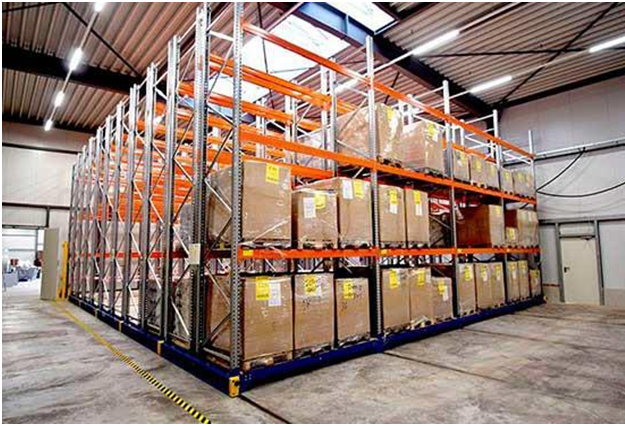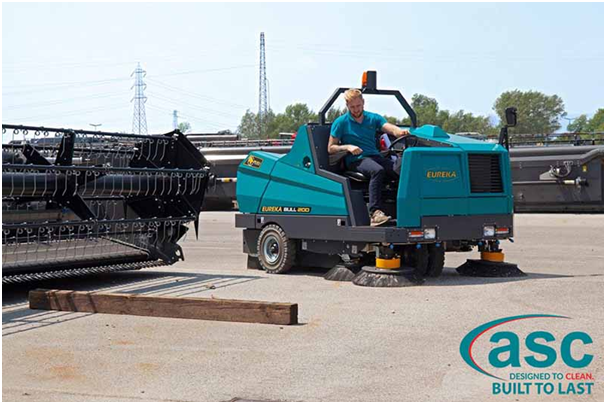A Personal Medical Alarm System is a device designed to alert the necessary people or services when a user needs urgent medical attention. These systems play a crucial role in ensuring safety and offering peace of mind, particularly for people living alone, elderly individuals, and those with chronic health conditions. By providing a simplified and convenient means of calling for help, medical alarm systems empower individuals, facilitating health independence and ensuring immediate assistance when required.
While the benefits of a Personal Medical Alarm System are paramount, many people are held back by numerous misconceptions. One common mistaken belief is that such systems are only for the elderly or the infirm. However, they can be beneficial for a wide range of people, from those living alone to people with specific medical conditions. Another mistaken notion is that medical alarms are complicated to install and maintain. On the contrary, most systems are user-friendly and come with installation support. It is essential to dispel such misconceptions and understand the system's actual functioning and applicability.
Making Sense of Medical Alarm Systems: What Are They?
Medical Alarm Systems can be categorized into two primary types: stationary systems and portable devices. Stationary systems are typically installed in homes and are linked to the user's telephone line. In contrast, portable devices can be carried around and used outside the home. Regardless of type, these systems operate by sending a signal to a monitoring center or a specific contact (like a family member) when the alarm is triggered.
Various scenarios call for the utility of these systems. For instance, an individual experiencing a sudden medical episode like a heart attack or stroke can activate the system to immediately alert the healthcare provider. In another scenario, an elderly person living alone may accidentally suffer a fall. The system's advanced features such as fall detection can automatically trigger the alarm, ensuring help arrives promptly.
Need-based Choice: Finding What Works for You
Selecting a suitable Personal Medical Alarm System is influenced by several factors, primarily health conditions and mobility level. For individuals with serious and chronic conditions, features like fall detection, medical reminders, and direct healthcare provider connectivity become crucial. Whereas, for highly mobile individuals, a portable personal medical system would be the most suitable.
Apart from personal health needs, user comfort and system familiarity should also be considered. A complex system with numerous features may be unnecessary and confusing for someone seeking a simple alert setup. Here, an approach that balances the user's medical requirements against their ability to comfortably operate the system is most effective.
Health Care Integration: Looking Beyond the Alarm
A medical alarm system does more than just alert people in emergencies—it can serve as an integral part of holistic health monitoring. Many sophisticated devices these days can track users' vitals, activities, and even sleep patterns, relaying this data to healthcare providers regularly.
This connectivity ensures a constant, timely update of a patient's health status to medical professionals. This proactive approach to health care means any significant changes or potential health risks can be caught and addressed early, potentially turning a life-threatening crisis into a manageable health issue.
Investment Matters: Weighing Costs and Benefits
In Australia, the price of Personal Medical Alarm Systems can range from around $100 to $1,000 or more, depending on their features and services. While self-financing is a common option, some insurance plans and government assistance schemes can also help cover the costs. It's important to consider not just the price, but also the value offered by the system, including features, service quality, and dependability.
A costly system equipped with unnecessary features may not hold as much value as a less expensive, simpler device that perfectly meets the user's needs. Thus, cost-effectiveness here is about more than just monetary savings—it pertains to how well the system satisfies the user's requirements.
Making the Purchase Decision: What to Ask Your Provider
Before purchasing a Personal Medical Alarm System, it is essential to ask providers several crucial questions. These may include: what features does the system have? What services are provided with the monitoring package? What is the installation process like? Is the system covered by a warranty?
The credibility of providers can be assessed by verifying their certifications, checking customer reviews, and asking for referrals. Finally, contracts, service terms, and conditions should be thoroughly understood before committing to a package.
Investing in Peace of Mind: A Case Study
Take the case of Mrs. Thompson, an elderly resident living alone in Sydney. After suffering a fall alone at home and being unable to reach out for help, she realized the need for a Personal Medical Alarm System. She invested in a user-friendly system equipped with fall detection, and it gave her and her family the peace of mind they needed. A few months after installation, she had another fall, but this time the system automatically detected it and alerted her son and emergency services. Help arrived timely, and another crisis was averted.
Transitioning to Your New System: Installation and After-sales Support
Installing a Personal Medical Alarm System in your home is a straightforward task. However, if technology is not your strong suit, most providers offer professional installation. Also, when it comes to maintenance and troubleshooting, the provider's customer service can typically assist.
Conclusion
Choosing the perfect Personal Medical Alarm System essentially boils down to understanding your needs, assessing your mobility, and evaluating your comfort with technology. While it does involve an investment, these systems can provide invaluable peace of mind, ensuring that in the event of any health emergency, you or your loved ones can receive timely assistance. The significant benefits these systems offer make them a worthy addition to any proactive healthcare strategy.

 Emma
Emma









